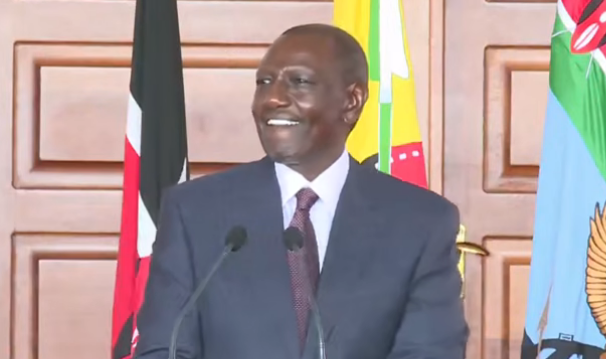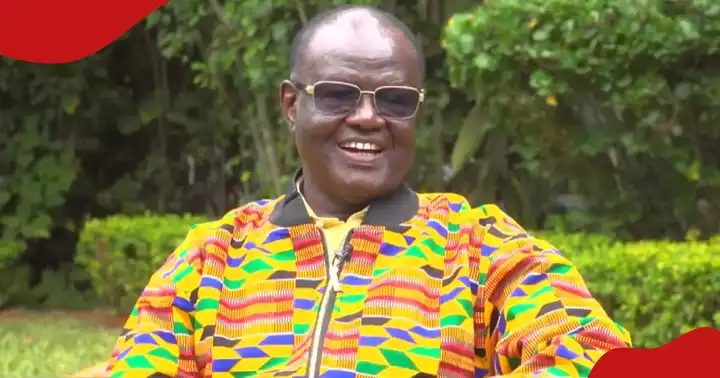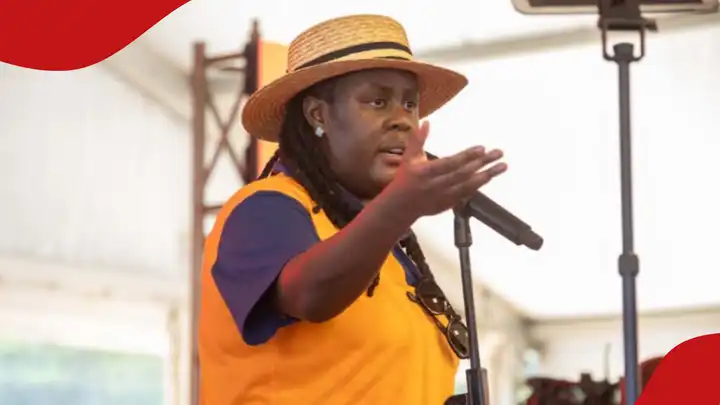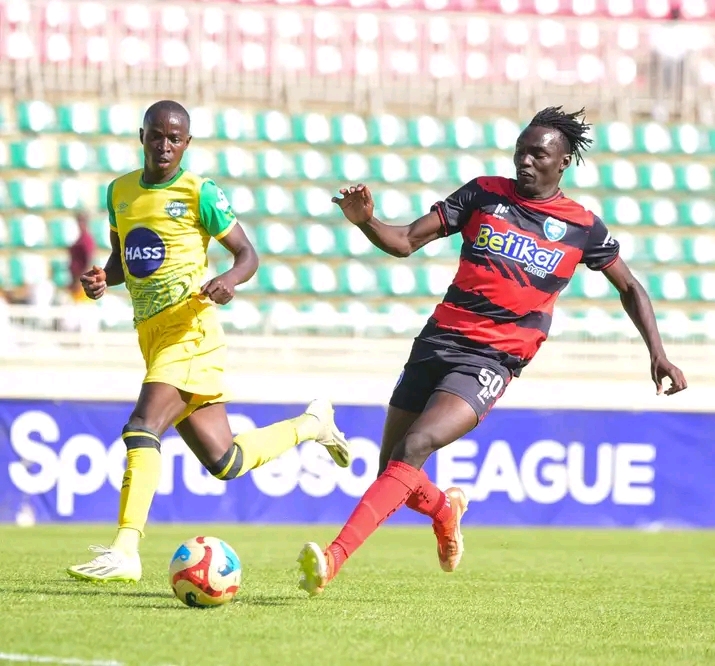The country recorded 8,416 cases of gender-based violence between January and July.
This was an increase of 2,187 cases from the 6,229 cases reported during the same period last year.
Health CAS Mercy Mwangangi said the increase in cases is significantly among girls aged between 10 and 17.
The vice has been fuelled by pre-existing toxic norms and gender inequities, economic and social distress caused by the Covid-19 pandemic coupled with restricted movements.
During the pandemic, containment measures put in place led to many women being in ‘lockdown’ with their abusers and cut off from their support services.
In July, data from the ministry had shown a seven per cent increase in the number of all forms of violence from March to June compared to a similar period last year.
For instance, Wajir, Turkana, Kisii, Nandi, Lamu, Homa Bay and Kisumu had recorded a 30 per cent increase since the onset of the pandemic.
The data further showed that almost 5,000 rape survivors have received medical treatment in health facilities during the pandemic.
“Children below 18 bear the greatest burden as they comprise 70 per cent of these survivors, with five per cent being male,” the CAS said.
Sexual and other forms of violence have devastating consequences that include serious physical, mental, sexual and reproductive health problems, including sexually transmitted diseases and unplanned pregnancies.
“The fear for an increased number of teenage pregnancies caused by the Covid -19 especially the stay at home and closure of schools directives is real. However, we are yet to see this reflected in the MoH data.”
During the pandemic, the attention has shifted, giving room for gender-based violence to rise.
On Tuesday, the CAS was accompanied by the UNFPA Country Representative Ademola Olajide on a tour of the Feminist Peace Rights and Justice Centre in Kibera where they distributed various equipment including sanitary towels.
“The same barriers that restrict access to sexual and reproductive healthcare during the most normal of circumstances still exist and are often magnified during the crisis. It thus critical to have strong health systems,” she said.
She added, “In fact, prevention, preparedness and resiliency are increasingly recognised as crucial to equipping communities to avoid/respond to crises, endure their effects and get on the path to recovery more quickly.
This, Mwangangi noted, means including sexual and reproductive health in the primary healthcare system in addition to plans to address both risk reduction and emergency response and recovery.
The United Nations conferences on women’s health and rights in Cairo in 1994 and Beijing in 1995 recognised that women displaced by conflict have the same right to reproductive health as all women.
In 1995, a consortium of NGOs, donors, governments (including Kenya) and UN agencies created the Inter-Agency Working Group on Reproductive Health in Crisis (IAWG), which has since grown to over 2,100 individual members and 450 agencies.
Mwangangi said during an emergency such as was Covid-19, women and girls are at particular risk of harm when social and structural support systems around them collapse.
“Many face disintegrations of their families and other social networks, and are susceptible to mental and physical trauma, malnutrition, disease, long-term disability, poverty and especially violence from both intimate partners and other perpetrators.”
In addition, they often lose their livelihoods, educational opportunities, homes, and other assets coupled with a strain of health system infrastructure.
Consequently, the increased threats to sexual and reproductive health, in particular, expose women and adolescent girls to unwanted pregnancy, unsafe abortion, STIs including HIV, and maternal illness and death.
In the long run, this has a direct negative impact on the quest for gender equality as it undermines efforts to nurture the leadership of young women and the full potential of their engagement in social, economic and policymaking processes.











